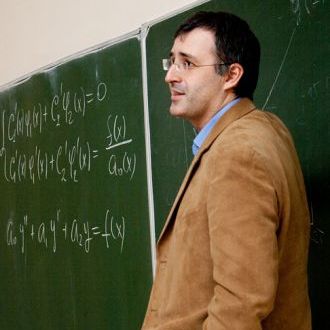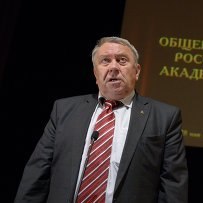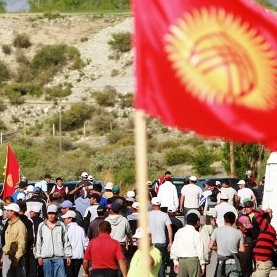(Eurasia Daily Monitor) The Russia–European Union summit opens today (June 3) in Yekaterinburg, according to the twice-yearly schedule and amidst mutual irritation and disappearing expectations. Quarrels about the Syrian calamity are unavoidable. The talks will likely be fruitless, with Moscow expressing disappointment over the EU’s lifting of the arms supply embargo and Brussels protesting against the Kremlin’s planned deliveries to the Syrian government of Russian weapons, including the MiG-29M fighters (Kommersant, June 1). Both sides will half-heartedly promise to overcome the deadlock in advancing visa-free travel; but for Moscow, the issue of introducing a visa regime for labor migrants from Central Asia has acquired far greater urgency (Moskovsky Komsomolets, May 30; Gazeta.ru, May 16). Energy dialogue, which used to be the backbone of the partnership, is depressed not only by the contracting natural gas demand in the EU, but also by the European Commission’s probe into Gazprom’s supply-side abuses, while the Russian gas “champion” refuses to accept the legitimacy of this investigation (Nezavisimaya Gazeta, May 31). Discussions of financial flows, which could have been useful for fine-tuning the agenda of Russia’s chairmanship of the G20, have gone sour since the culmination of the Cyprus banking crisis.
The increasingly skeptical economic assessments and negative public opinion on Russia in Europe have been confirmed last week by an episode, which might appear trivial but in fact richly deserves every headline it has produced. Sergei Guriev, the rector of the New Economic School (NES), has resigned from this position and opted to stay in Paris with his family (RIA Novosti, May 29). The resonance of this personal choice, determined by the very real risk of arrest, cannot be explained by Guriev’s solid professional reputation or by the high standard of education in the NES, where President Barack Obama gave a lecture while visiting Moscow in July 2009 (RBC Daily, May 30). Guriev sought to utilize his expertise for providing recommendations for the government aimed at improving Russia’s economic performance, and his plight is seen by all liberal-minded professionals as proof of the senselessness of their efforts to design reforms for the un-reformable regime (Kommersant-FM, May 31).
Guriev’s trouble stemmed from two politically-loaded criminal investigations… […]
See the full article | © Eurasia Daily Monitor (6/3/13, V. 10, 104)











